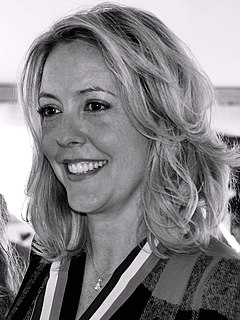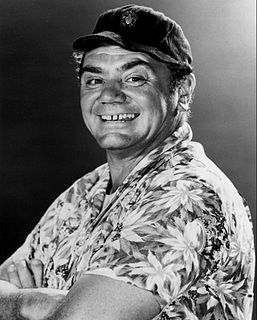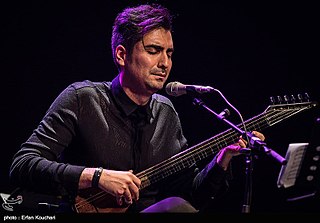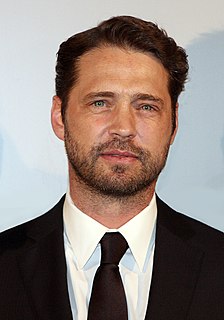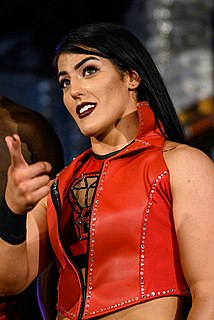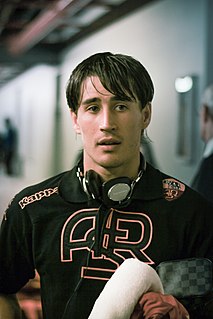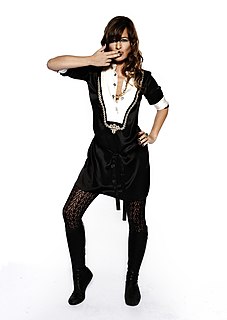A Quote by Bill de Blasio
I come personally from a broken family, divorced very early in my childhood, a family with its own share of troubles, so I think that was very influential in both me believing that someday I would consistently devote myself to my own family that I created, but I think it also really affects my view of the world.
Related Quotes
I don't think I've ever signed onto anything as quickly as I did The Hollars, because I come from a really loving, well-connected family, where we see each other all the time. And when I was done with this script, I was like, "Oh my god, that's my family!" This is obviously a very dysfunctional family, but there was something about it that was sort of universal. And I think that in this day and age in today's world - there's a lot of drama out there. It's nice to tell stories about things as simple and powerful as family.
Throughout my childhood, I had served as an interpreter for my family. When I left home, I also left the Deaf community. I'd had enough of being a de facto intermediary and wanted to find my own identity. But, over time, I learned to embrace both cultures and find balance between them. I love my Deaf and CODA family and hope they would be proud to call me one of their own.
This is the kind of upbringing we had instead of sitting in front of a damn television set all day long and never answering to anybody else unless somebody spoke up from a television set. It's an altogether different way of living today that you wonder how it really affects the family? I know how it affects the family because I have my own son who has his children and also my daughter. It's one of those things. Everybody eats in their own way and off they go. You know? It's not family oriented anymore."
Growing up after the Second World War in a Jewish family, I really understand that, and have members of my family who are very committed to this concept. My grandfather's first name was Israel and he thought it was his country. In my own sense of this issue as an American Jew, I have been on both sides of this. At this point I think it is very important for there to be separation of religion and state. It's not good for Jews. It's not good for Muslims. It's not good for Christians. The marriage of state and religion is inherently problematic.
The role you've been ascribed in childhood can twist or break apart or seem outgrown, especially when you have your own family and begin to see your own childhood from a different angle. You remember. You reassess. I think that was the kernel of the novel for me. This idea that you change but that your family, the people you were born into, might find that change hard to accept. You no longer fit the mold you've always been ascribed. When the adult children in the book converge back on their small family home there's a sense that they don't fit there anymore.
I think when I came into marriage -- especially when you've had divorced parents like myself... You'd want to try even harder to make it work and you don't want to fall back into a pattern that you've seen happen in your own family. I desperately want it to work; I desperately love my husband and I wanted to share everything together. And I thought that we were a very good team.
I played many matches and got experience very early. Did I lose some of my childhood? This is one of the things that I am more sensitive about and that touched me the most, because I am a family person. There are many moments that I haven't had the chance to enjoy with my family and also with my friends.



